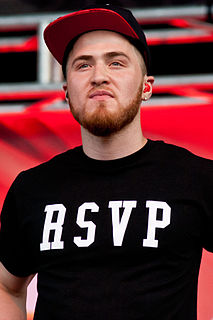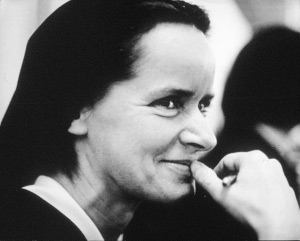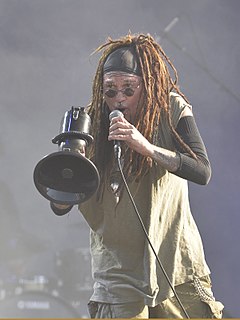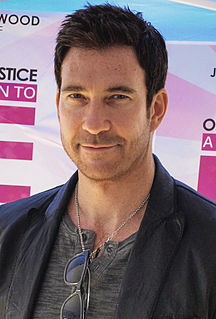A Quote by Pete Townshend
But what was interesting about what the Who did is that we took things which were happening in the pop genre and represent them to people so that they see them in a new way. I think the best example is Andy Warhol's work, the image of Marilyn Monroe or the Campbell's soup can.
Related Quotes
I think his portraits of Jackie, Liz, Marilyn, Mao, Elvis, Lenin - and objects like the soup cans, the dollar signs, the hammer and sickle, it's all about icons. Its all about what people worship in an irreligious or secular world. In terms of Andy's personality and Andy Warhol as a human being who I was very close to, I still feel kind of sorry for him on a personal level. I mean, he was the ultimate example of great success wrapped around inner turmoil and emotional pain.
Just like Marilyn Monroe is a lot of girls' idol, that's how I feel about Dorothy Dandridge. And she any Marilyn were very close friends. She went through a lot, and people told her that she couldn't do certain things, but she didn't let that bother her. She said in her mind that she was going to do them and that nothing was impossible, and she did it. It was so sad... She died from drugs, and drinking as well.
I believe that Ryan Murphy is a genius. His instincts remind me of Andy Warhol. I recently went to the Warhol museum in Pittsburgh, and you can see a lot of echoes of Andy in Ryan's work. Like Andy, Ryan's finger is so on the pulse of culture that he's ahead of culture. Their aesthetic and their vision of the world are very similar.
I believe that Ryan Murphy is a genius. His instincts remind me of Andy Warhol. I recently went to the Warhol museum in Pittsburgh, and you can see a lot of echoes of Andy in Ryan’s work. Like Andy, Ryan’s finger is so on the pulse of culture that he’s ahead of culture. Their aesthetic and their vision of the world are very similar.
I simply loathe the crude 1960s distinctions between commerce and art. For me, Warhol and pop obliterated all of those separations - that was the whole point of the Brillo Boxes and Campbell's Soup Cans. And believe it or not, in 2009, moronic journalists are still saying to me, 'Your work is so commercial.'


































